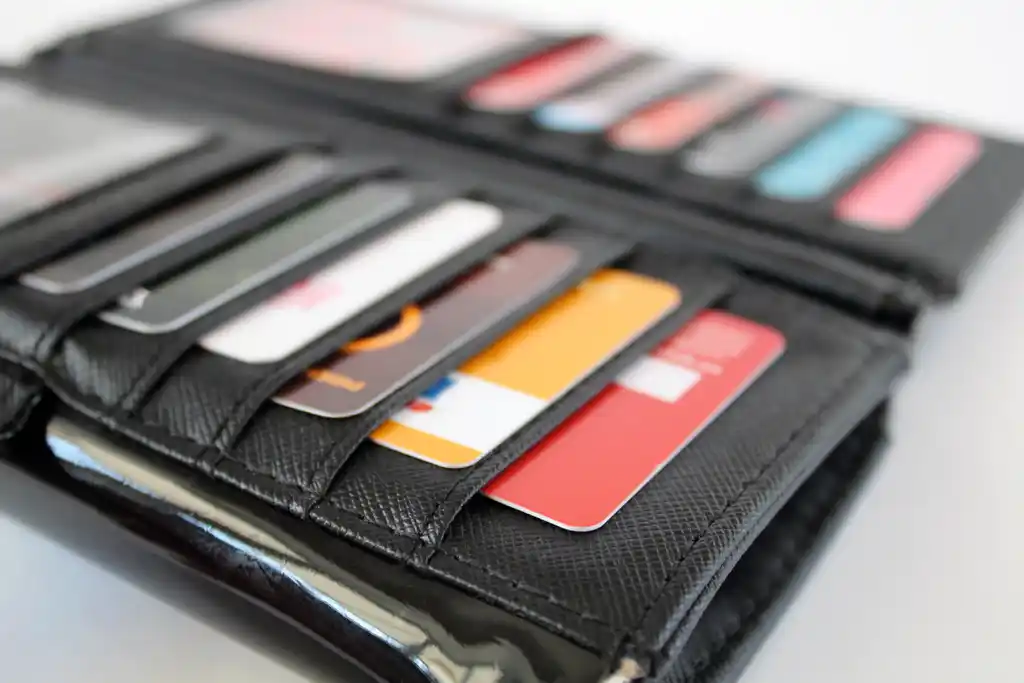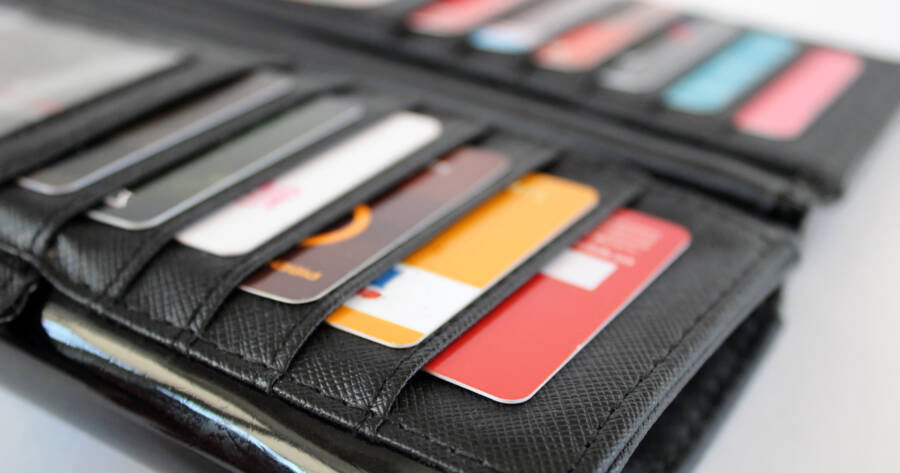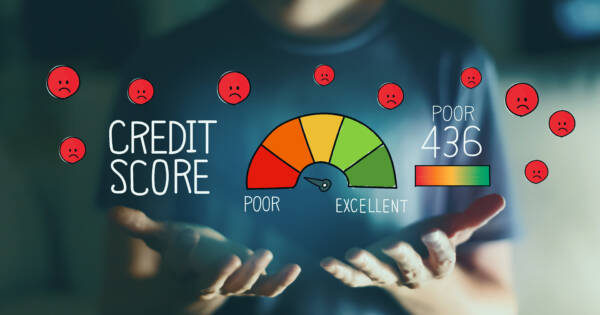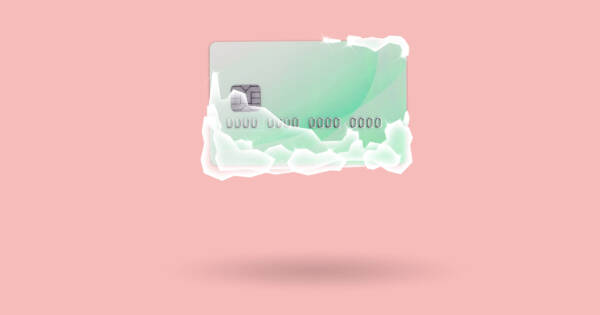A growing number of banks and credit cards offer enticing bonuses to new customer. It’s all an effort to lure in your business with valuable perks. Many of these bonuses revolve around rewards points or travel miles. One common scenario sees new cardholders earn a huge one-time points bonus by passing a specified spending threshold within the first 90 days or so of account activation. Some credit cards also offer similar bonuses in the form of cash back payments.
Some dedicated consumers take advantage of a loophole that allows them to earn these bonuses over and over. When done properly, you can multiply the cumulative value of these rewards. To achieve this, you have to open new accounts, earn the bonus, then close the account — only to reopen it and earn the bonus again later. This practice is known as credit card churning.
How Credit Card Churning Works: The Details
It’s possible to churn just one credit card. All you have to do is repeatedly open, close, and reopen the same account. However, most people do it with multiple cards. Many points or miles-based schemes allow cardholders to transfer their rewards to other programs. Thus, a credit card churner can earn the bonus, bank the points by transferring them elsewhere, close the account, and reopen it. When done right, you can earn the bonus a second or third time.
Some loyalty programs also have synergies that allow you to qualify for even more attractive bonuses by combining the rewards earned through multiple programs. Credit card churning offers an accelerated path to achieving this objective.
Is Credit Card Churning a Good Idea?
Some finance industry insiders consider credit card churning an unfair consumer practice. However, given the billions of dollars credit card companies earn, there aren’t very many “common” people who agree. Besides, as long as you’re acting within the confines of the cardholder agreement, you aren’t technically breaking any rules.
That said, credit chard churning isn’t for everyone. To do it effectively, you’ll need to have a few things going for you and you’ll need to follow some important optimization strategies.
- A good to excellent credit score is necessary, since your credit rating will take a hit because of the number of times you’re applying for cards.
- You will need a comfortable level of monthly disposable income.
- Time, effort, careful research, and precise tracking of bonuses and earnings are required to optimize your rewards.
Many credit card churning guides endorse using a spreadsheet to track your progress. With each card in your arsenal, include the following information:
- The company that issued the card and the card’s activation date.
- The card’s exact name.
- The annual fee and the date the fee will come due.
- Whether or not your first year’s fee was waived.
- The bonus you’re working toward and the requirement for reaching it, including dates and spending thresholds.
- Your level of progress toward each bonus.
Be Organized
Once you earn your bonus, make the following additional notes.
- The date the bonus posted to your account.
- Whether you’ve used any of the bonus points.
- The account you transferred the points to (if applicable).
- The timeline for using the bonus (if your points have an expiration date).
You should also carefully review the technicalities of the terms and conditions attached to each bonus. A growing number of card issuers are getting wise to the practice of consumer churning. Some of them have introduced limitations that prevent cardholders from qualifying for bonuses if they were already a recent customer. Other banks and card issuers disqualify customers who have opened too many new credit card accounts in the recent past, which usually covers the past 12 to 36 months.
Strategies for Credit Card Churning Success
There are definite “dos” and “don’ts” when it comes to credit card churning. Here’s a list of important “dos:”
- Identify an objective before you start. For instance, do you want to accrue 250,000 points or a free first-class plane ticket to an exotic destination?
- Choose cards and rewards programs based on their ability to help you reach your objective.
- Always make your monthly payments by the due date.
- Keep your balance as close to zero as you can at all times.
At the same time, be sure you “don’t:”
- Use your cards for cash advances or balance transfers. They do not qualify as purchases and do not help you earn bonuses. They do rack up interest and fees at a high rate, though.
- Open too many accounts, as striving to meet the spending requirements can land you in debt trouble.
- Flood credit card companies with applications, as every application triggers a credit check that temporarily lowers your credit rating.
You should also keep an eye open for new rewards programs. There’s no telling when a bank or credit card company may come up with a new offer that you could take advantage of.
When to Avoid Credit Card Churning
Even if you have a good-to-excellent credit and a healthy level of spendable income, there are times when credit card churning will hinder rather than help you. For instance, if you’re preparing to approach a lender for a major loan or mortgage in the near future. If that’s the case, you’ll want to do everything possible to protect your credit rating and boost your chances of approval. Lenders will hesitate or might even reject your request if your report includes a flurry of credit card applications and tons of different credit card accounts.
Credit card churning isn’t for newbies. It’s for people with strong, established credit and stable, comfortable incomes. Also, if you don’t have the time or inclination to carefully track your progress, credit card churning probably isn’t for you. Even if you do want to try it, our advice is to start small and slowly build up your churning as you gain experience.
The Final Verdict
When done carefully and correctly, credit card churning can pay dividends in the form of amazing rewards and valuable bonuses. However, in addition to a strong credit rating and a healthy income, you’ll need good discipline. If you lack any of these core elements, the strategy probably won’t work for you. However, if you’re a rewards junkie with the spending power to earn these welcome bonuses again and again, you fit the profile. You might want to give it a shot!
 Shutterstock
Shutterstock







